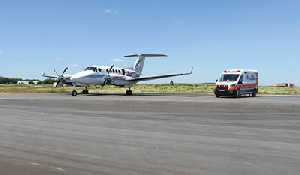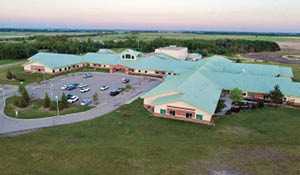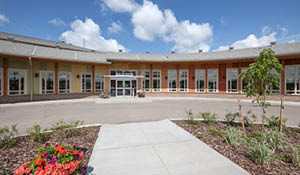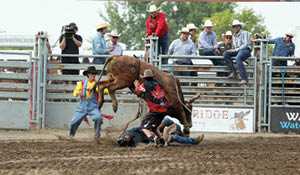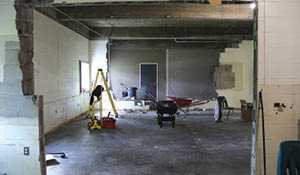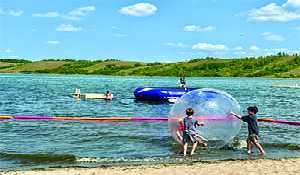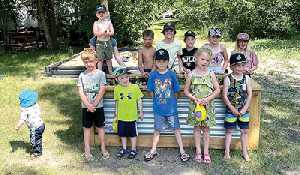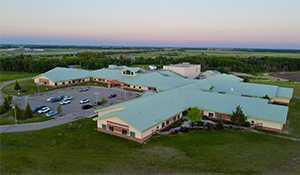Overdose deaths reach a record high in Saskatchewan
January 10, 2023, 9:21 am
Kevin Weedmark
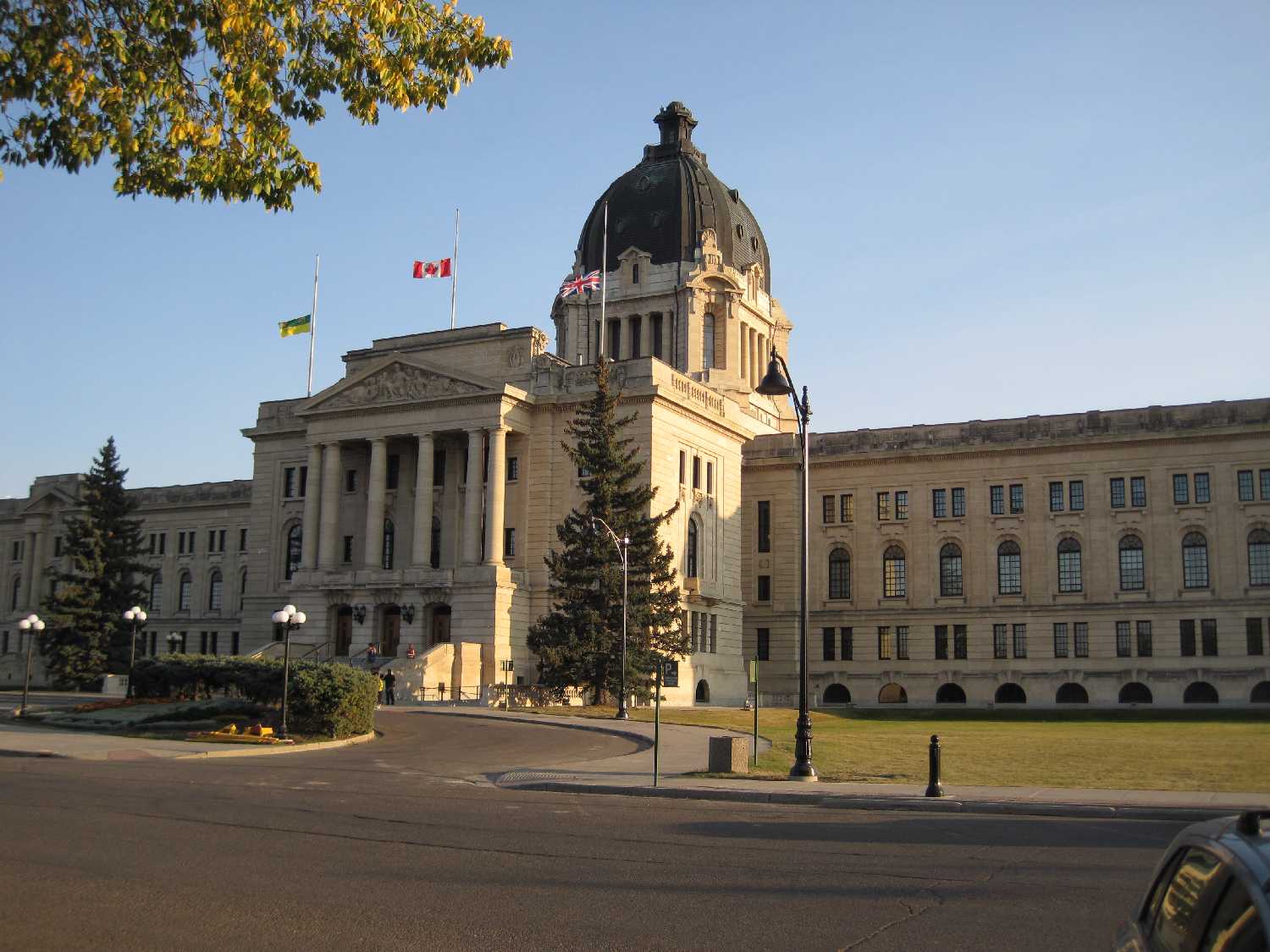

Overdose deaths reached a record high in Saskatchewan in 2022, with a total of 421 confirmed and suspected overdose deaths, up from 410 in 2021, 325 in 2020, 179 in 2019, 172 in 2018, 119 in 2017, and 109 in 2016.
The provincial government is in the process of adding 150 to 200 new addiction treatment spaces in the province. In the 2022 budget, the province allocated $2.1 million for new treatment beds over the next three years.
The Saskatchewan Ministry of Health and the Saskatchewan Health Authority issued a request for proposals (RFP) in 2022 looking for organizations that can provide the additional treatment beds.
“Priority will be given to proponents who score the highest, with the highest number of beds in areas of the province with the highest need and high-risk areas,” the RFP says.
“For the purpose of this RFP, an emphasis is placed on inpatient service options including detox.”
That process is now in its final stages. The evaluation committee has completed its evaluations of projects across the province, and a number of successful organizations have been identified which are now in negotiations with SHA and the Ministry of Health.
The RFP document acknowledges that overdoses are a problem in the province.
“There are increasing alcohol and drug related harms in Saskatchewan, and most notably there is an increasing number of overdoses and overdose deaths,” the request from the health ministry and SHA reads, in part.
“Saskatchewan currently has wait lists for some addictions services. The [health authority] is committed to improving addictions capacity by adding addictional spaces across the continuum of services.”
The government’s RFP says the supplier will need to be able to address a range of services including detox and withdrawal management, inpatient addictions treatment, and recovery services like pre- and post-treatment spaces in rural and urban locations in need.
It wants to find organizations to host the spaces to “increase access to wrap-around, holistic, and non-stigmatizing addiction services in either outpatient services, inpatient treatment, or recovery or transitional services.”
An inpatient bed is one bed available year-round, in comparison to an outpatient bed, which hosts groups of people over a period of time each year, as with day treatment services.
The province currently has 475 pre-treatment, detoxification, treatment and post-treatment beds funded across the province, it said.
“Addressing wait times and access to treatment and supports for substance use disorders is a priority for our government,” provincial Health Minister Everett Hindley said.





